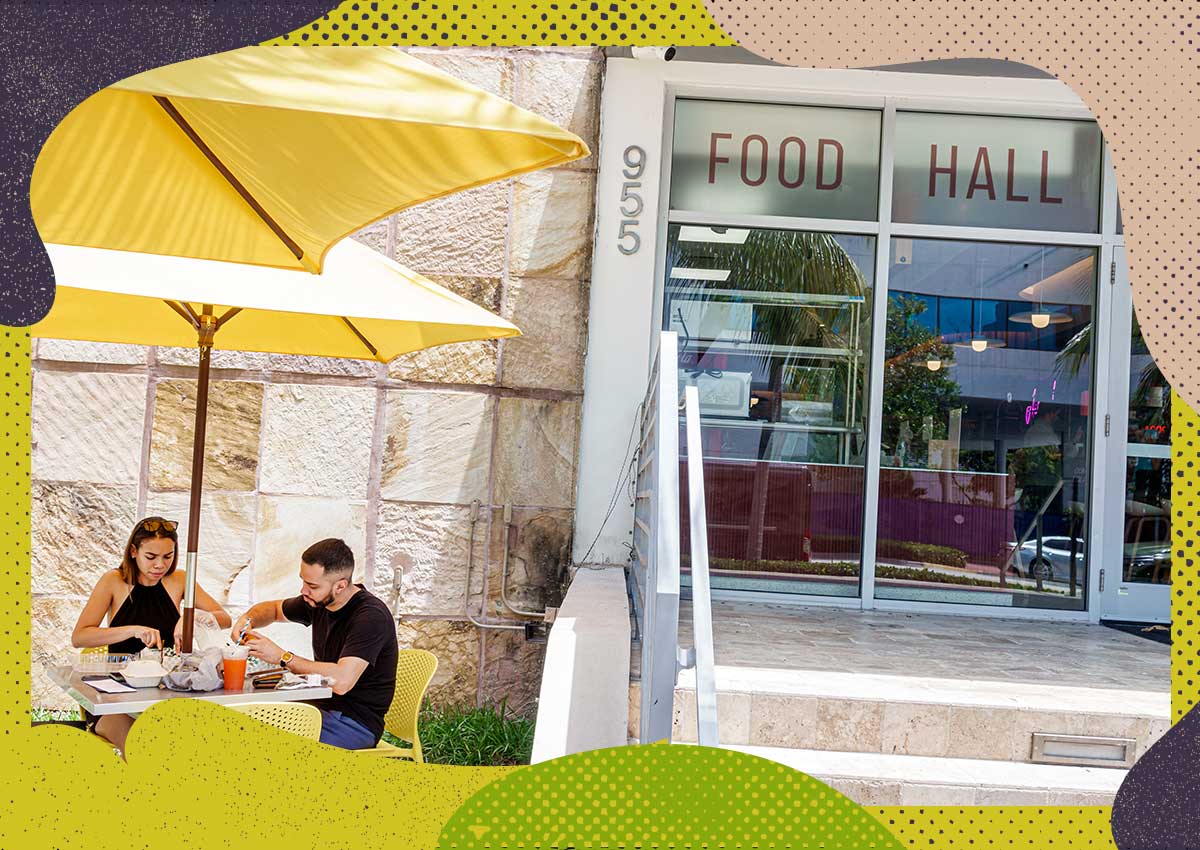Food Halls Boom in Post-Pandemic Market
Food halls are rocking the suburbs.
Once a culinary destination unique to city life, developers are rapidly expanding portfolios of food halls across the suburban United States, the Wall Street Journal reported. The shift is another trailing pandemic impact, which battered traditional restaurants and sent a mass migration of people to the suburbs.
Food halls, which combine several small restaurants into the same space with shared seating, offer myriad cuisines at a higher price than their older cousin, the mall food court. Ten years ago, there were no more than 35 food halls nationally, according to the outlet. Now, there are 364 food halls across the country, and an additional 120 are set to open by the year’s end, according to Cushman & Wakefield’s Colicchio Consulting Group.
Colicchio, led by Phil Colicchio, focuses on food hall development. The firm has worked on projects in major markets like Miami, Chicago, and Houston, as well as smaller cities like Sandusky, Ohio; Selma, North Carolina; and Omaha, Nebraska, according to its website.
Trip Schneck, executive managing director at Cushman & Wakefield and a managing partner at Colicchio, told the outlet that food halls performed better amid pandemic pressure than traditional restaurants. While food halls were native to urban markets, the population shift to suburbs increased demand for food halls there.
“The suburban market always had the nighttime population. Now they’ve got that daytime population,” Schneck told the publication.
For food halls to succeed, they need to be round-the-clock operations, with nighttime programming and a bar scene, according to Phil Colicchio.
“If you leave it at nine-to-five, you’re not going to be happy with the results,” he told the outlet.
For owners, food halls require serious initial investment. Developers have to build out the kitchen spaces and buy equipment for the vendors. TEC Food Hall managing partner Kevin Dougherty told the outlet his firm also pays for utilities and maintenance for Old North State Food Hall in Selma.
–– Kate Hinsche


